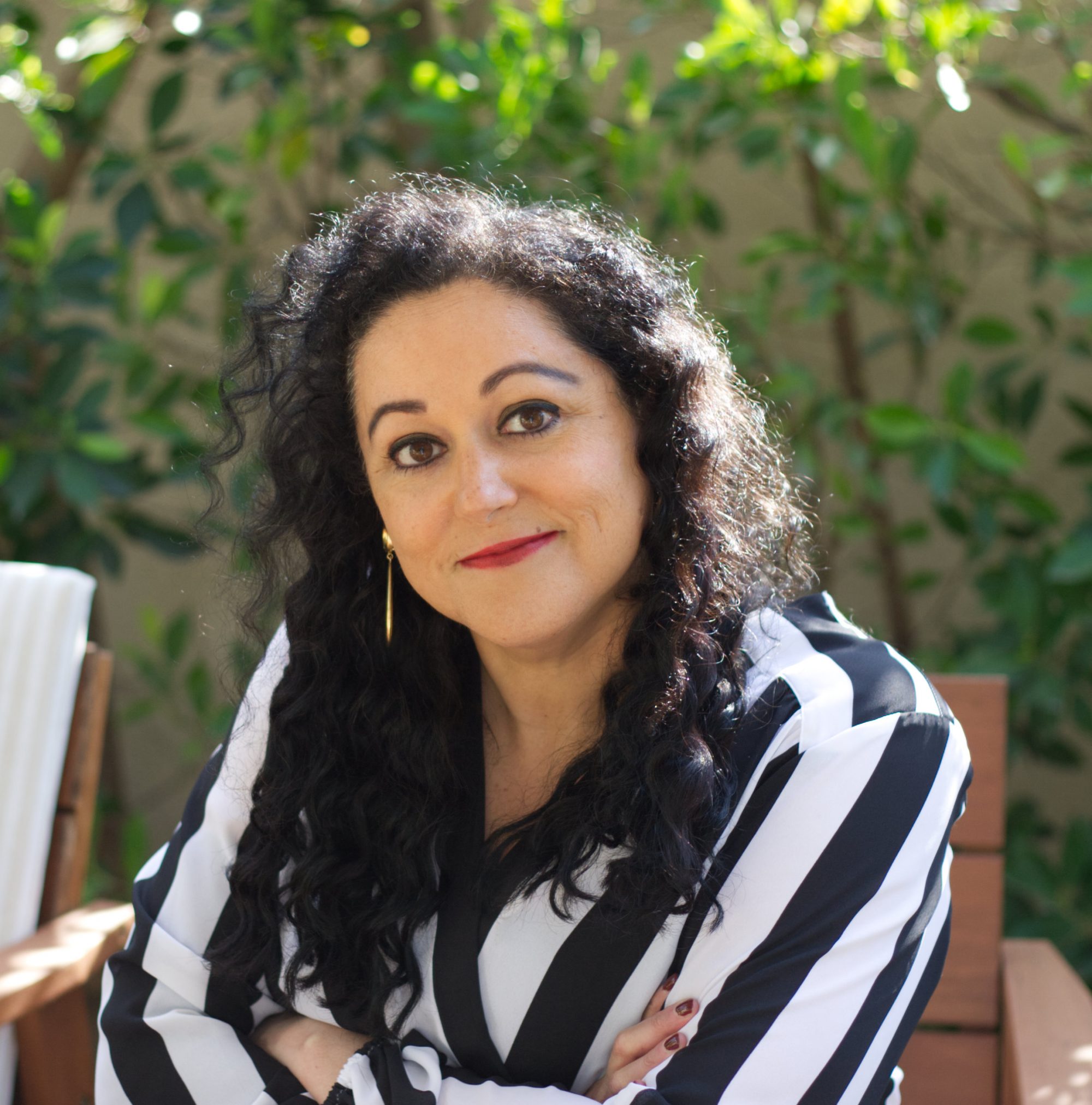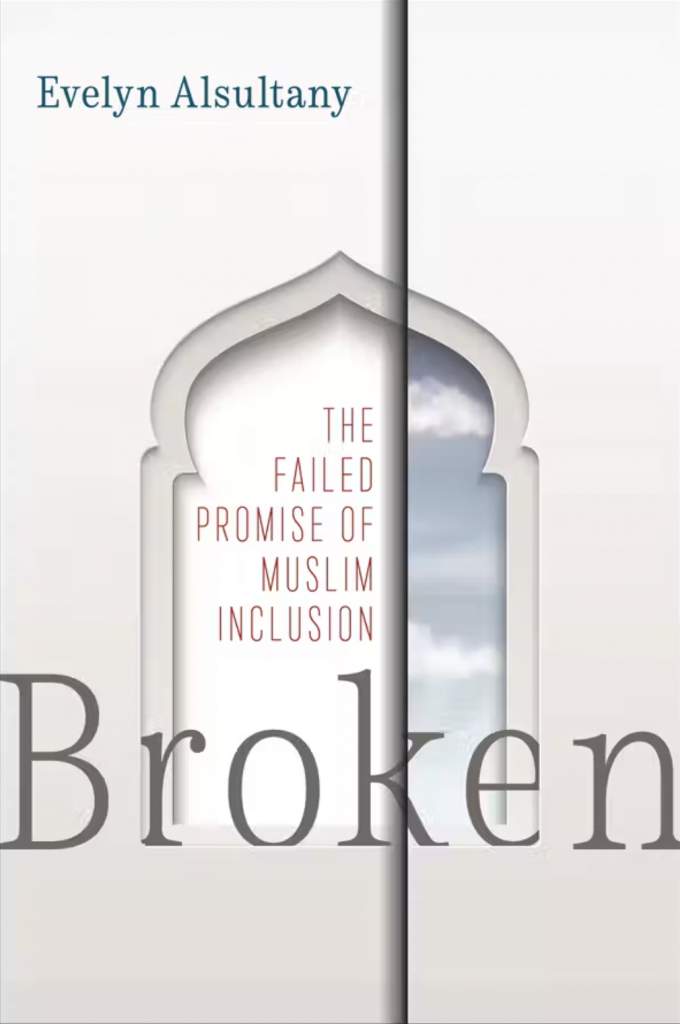Broken: The Failed Promise of Muslim Inclusion
“With eloquent prose and a compelling voice, Broken fundamentally shifts contemporary frames for understanding Muslim representation in media, corporations, government, and universities from ‘Islamophobia’ to ‘Anti-Muslim Racism.’ In doing so, she provides a razor-sharp analysis of the truly systemic reality of anti-Muslim racism.”
Ralina Joseph, author of Postracial Resistance: Black Women, Media, and the Uses of Strategic Ambiguity
How diversity initiatives end up marginalizing Arab Americans and US Muslims
One of Donald Trump’s first actions as President was to sign an executive order to limit Muslim immigration to the United States, a step toward the “complete shutdown of Muslims entering the United States” he had campaigned on. This extraordinary act of Islamophobia provoked unprecedented opposition: Hollywood movies and mainstream television shows began to feature more Muslim characters in contexts other than terrorism; universities and private businesses included Muslims in their diversity initiatives; and the criminal justice system took hate crimes against Muslims more seriously. Yet Broken argues that, even amid this challenge to institutionalized Islamophobia, diversity initiatives fail on their promise by only focusing on crisis moments.
Evelyn Alsultany argues that Muslims get included through “crisis diversity,” where high-profile Islamophobic incidents are urgently responded to and then ignored until the next crisis. In the popular cultural arena of television, this means interrogating even those representations of Muslims that others have celebrated as refreshingly positive. What kind of message does it send, for example, when a growing number of “good Muslims” on TV seem to have arrived there, ironically, only after leaving the faith? In the realm of corporations, she critically examines the firing of high-profile individuals for anti-Muslim speech–a remedy that rebrands corporations as anti-racist while institutional racism remains intact. At universities, Muslim students get included in diversity, equity, and inclusion plans but that gets disrupted if they are involved in Palestinian rights activism. Finally, she turns to turns to hate crime laws revealing how they fail to address root causes.
In each of these arenas, Alsultany finds an institutional pattern that defangs the promise of Muslim inclusion, deferring systemic change until and through the next “crisis.”
“Alsultany carefully and brilliantly walks us through the minefield known as ‘diversity, equity, and inclusion’ to expose the hypocrisies embedded in American discourses of tolerance. Far from addressing the root problems of today’s inequities, Alsultany shows, contemporary tolerance talk often ends up reinscribing forms of intolerance while institutionalizing racism and Islamophobia. After you read this mind-bending book, not only will you understand the strange space in liberalism’s universe that Muslims occupy, where Muslims represent what must be tolerated and what must not be tolerated simultaneously, but you’ll also realize that the slogan ‘diversity, equity, and inclusion’ is missing the most significant term of all: justice.”
Moustafa Bayoumi, author of This Muslim American Life: Dispatches from the War on Terror
More praise for Broken
“Alsultany details the limit of the liberal promise of inclusion in a brilliant and accessible way. Just when you think that Muslims have entered the doorway into humanity, you see that the inclusive move is itself how Muslim sub-personhood is secured. Broken is invaluable for anyone tempted to put their hopes in multicultural inclusion. Alsultany’s achievement is that we are now steps closer to imagining abolition, the end of systems that protect white property interests.” -Sherene H. Razack, author of Nothing Has to Make Sense: Upholding White Supremacy Through Anti-Muslim Racism
“A fresh, passionate, and comprehensive exploration of where Muslims factor into American diversity initiatives. Employing a blend of scholarly research and personal experience, Alsultany deftly deconstructs the state of Muslim representation and inclusion in the media, universities and key US institutions.” -Lorraine Ali “LA Times”

